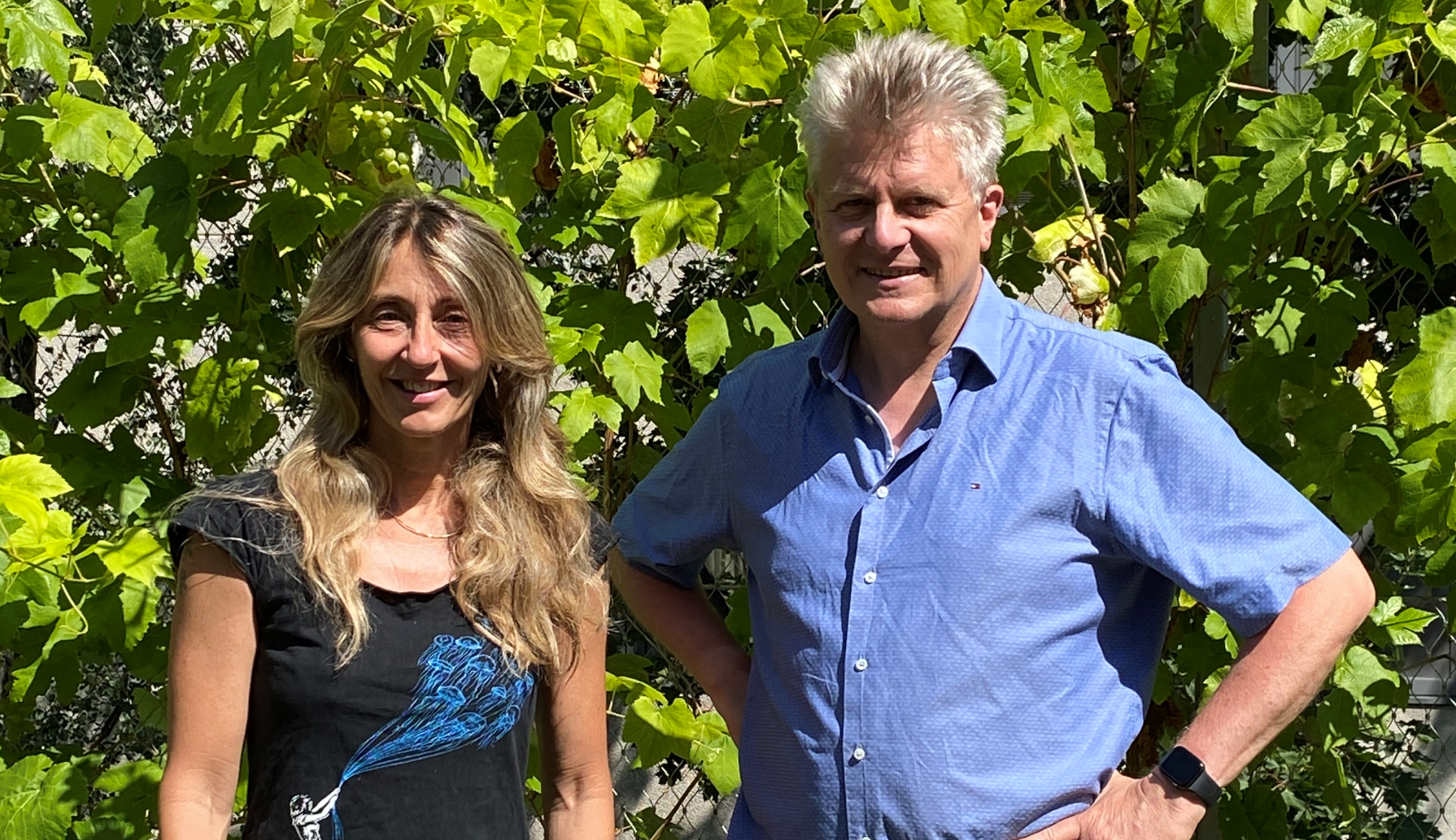A reward-based mechanistic model of AN in the human brain as a basis for new and more precise therapeutic interventions
Anorexia nervosa (AN) is one of the most severe psychiatric disorder with a high mortality, developing mainly in adolescence, with complex but so far unknown origin and suboptimal treatment course and prognosis. Etiological models conceptualize AN as a disorder in which neurochemical and neurophysiological circuits related to reward processing are highly dysregulated. However, inconsistencies about the direction of such dysregulations (i.e. hypo- or hyper-sensitivity to rewards) highlight the complexity of the phenomenon and the difficulty to draw a mechanistic model of the disease. There are 3 possible explanations of such discrepancies: (1) individual characteristics, (2) different study designs, and (3) an operationalization of reward that is highly heterogeneous.
The overall aim of this study is to gain new findings on the reward system during the treatment of anorexia nervosa for enhancing the prognosis and specify therapy. In order to achieve a reward-based mechanistic model of AN, we will use a newly developed paradigm with high translational value, in combination with functional magnetic resonance imaging, to investigate the neural and behavioral underpinning of reward processing (social, and non-social) in AN patients at different stage of the illness, and in controls.
Precise phenotyping, genotyping and neural fingerprint (using MRSI, q-MRI) will be performed in order to account for individual variability. Finally, computational models will be used to identify which particular aspects promote recovery from a clinical, neurobiological and genetic point of view.
By means of a multi-level and multi-methods approach combining clinical diagnostics, molecular genetics, cognitive neuroscience and computational psychiatry, the ultimate goal of the Cluster-project is clarifying the question of which patients would face a more severe and enduring course of illness despite getting similar treatments and whom can be helped best.
Human and animal research about reward processing remains difficult to compare, as human studies have struggled to adopt translational paradigms and an operationalization of reward that resembles the one used in animal research. These difficulties are illustrated by the striking lack of consensus on the mechanisms behind clinical disorders such as AN, in spite being one of the most homogenous psychiatric disorders.
This project is the first to adopt such a translational approach, leading to the potential discovery of mechanisms that can be easily tested in animal models (and vice versa) of AN.
Study designs that have high translational value will a) allow direct comparison between animal and human research on the neurobiological mechanisms of reward processing in AN; b) assess the efficacy of treatments on equivalent (between animal and human) outcome measures and c) overcomes some of the limitations of previous research on AN (e.g. operationalization of reward that is highly heterogeneous).
Finally, the development of prognostic markers by means of neural fingerprint and polygenic risk scores integrated with classical epidemiological risk factors and phenotypical assessment will lead to better risk analysis and stratification and enhance clinical decision-making. This will lead to more insight into the aetiopathogenesis and maintenance of this severe and devastating disorder of young females and inform clinical work and make treatments more unerring.


